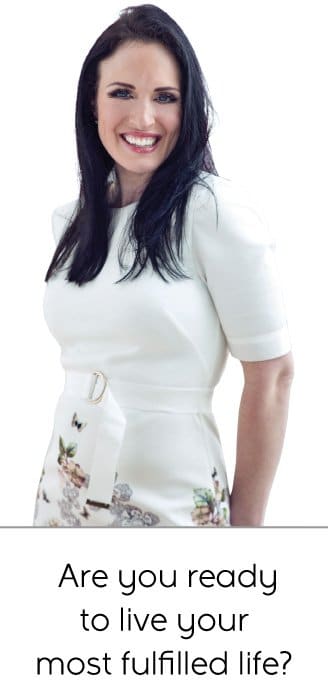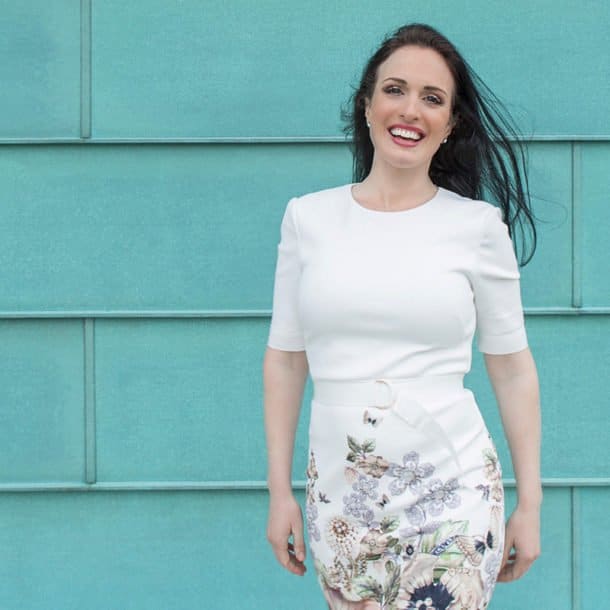Incorporating Feng Shui into homes not only creates an appealing and inviting environment but enhances our overall well-being. Feng Shui is the art of placement– balancing energy levels and cultivating positive chi in spaces where we spend so much time.
Some interior designers and architects may choose to implement Feng Shui in their work. Both want to create a space that is pleasing to the eye and creates a beautiful ambiance. If you are an interior designer or architect, adding Feng Shui consultancy to your professional services can elevate your client’s experience and equip them with a space to live an intentional, prosperous, and peaceful life.
I would like to highlight how interior designers and architects effectively use Feng Shui to optimize a space. The benefit their clients receive is incredibly wonderful, including better health, wealth, and relationships.
Architects: Understanding Classical Feng Shui
Architects likely have a general understanding of Feng Shui, but classical Feng Shui is much more than creating light and airy spaces. In fact, classical Feng Shui implements the home’s age, shape, and “birth cycle”.
In classical Feng Shui, we read that the house’s destiny begins from the year the building was constructed. We look at the date the roof first covers the building to the moment the sun shines through the window of the completed structure. This moment is considered the birth of a home. Just as astrologers cast a chart from the moment a person takes that first breath, Feng Shui practitioners do the same for buildings. So a classical Feng Shui analysis begins with the “birth date” or simply the year the home was completed. To take a deep dive into classical Feng Shui, read my blog post on ‘Understanding Classical Feng Shui’
Classical Feng Shui will equip architects to:
- Create a house plan (for build or renovation) that is aligned
- Implement the role of Geomancy in the design process
- Work with intention, fully understanding the age and energy of a home
Formal training in classical Feng Shui can perfectly complement to your architectural design services. Understanding of energy flow, Flying Star Charts, and how to optimize the positive energy flow in design will create more than a home for your clients; it will create a sacred sanctuary.
Understanding Mapping in Feng Shui
It is essential first to understand mapping out a home and how this will guide you. When the Bagua map is aligned with the front entrance, it can detail the nine ways the house is divided– each section being a different theme.
The nine themes are:
- Wealth and Prosperity
- Fame and Reputation
- Love and Marriage
- Health and Ancestors
- Health and Center
- Children and Creativity
- Knowledge and Self-Cultivation
- Career and Life Path
- Helpful People and Travels
If a client has specific things they want to focus on in their life, an interior designer or architect would prioritize that area of the map. There are ways to enhance each section and not stifle each one. Another important aspect of Feng Shui is the elements involved: water, fire, wood, metal, and earth. Each evokes certain feelings and contributes to different purposes, so appropriate placement along with elemental balance is key. For a deeper understanding of these Feng Shui elements and their role in our lives, feel free to look at my previous blog post!
Cultivating Wealth and Prosperity with Feng Shui
Once you determine the section representing wealth and prosperity, adding wood elements will enhance it. Wood elements can be as literal as wooden furniture and include healthy plants and blue, teal, and green colors. Specific “money plants” are jade plants and pilea peperomioides.
The front door is extremely important within a home, either inviting or potentially impeding energy from inside. Painting a door red can entice opportunities and positive energy to enter. It is crucial to keep the entryway uncluttered, as you do not want to impede these energies from continuing into the house.
The stove is a crucial factor in Feng Shui and wealth. Stoves should sit in your house’s south/southwest region because of the door. However, the placement of a kitchen cannot be easily manipulated, so utilizing mirrors nearby to view the door or to reflect burners can help with unideal order.
Cultivating Relationships with Feng Shui
For the love and marriage section of the map, utilizing some reds, pinks, and yellows can be helpful. There should also be a solid headboard on the bed, representing stability. Wooden beds are best, as metal can be very yang and cut energy.
Mirrors near the bed (where you can see reflections lying down) can lead to relationship issues. However, a round mirror over the head of the bed can aid with smooth energy flow and “soften” the relationship with its rounded edge.
Good relationships can, of course, be further cultivated outside the love and marriage section. Strategically placed mirrors can invite friends, like putting a mirror reflecting the dining room table. Additionally, having something green between fire and water elements in the kitchen can prevent conflict, enabling healthy relationships.
Cultivating Good Health with Feng Shui
What if your design went beyond giving your clients an aesthetically pleasing home and empowered them to cultivate good health?
It is no mystery that supporting relationships and financial success can contribute to better health. But to further benefit the people residing in a home, there are a few essential things to remember:
✓ Earth tones and neutrals are great for a relaxing and appealing color scheme.
Χ Avoid too much of the same color.
✓ Sofas, desks, beds, and chairs should be in view of doors.
Χ Being directly in line with doors, however, is considered the coffin position, and no one wants that!
✓ Positive, calming art is ideal.
Χ Avoid hanging art too low–it can negatively affect energy and feel defeating.
Optimizing energy flow and creating balance and calm throughout the home can bring ease of mind and a better quality of life. Home is a sanctuary for us and should be treated as such–our health depends on it!
Before You Go
If you enjoyed this article, we’d appreciate you sharing it with others that might be interested in changing their lives through the power and science of Feng Shui.
If you’d like to start a new career as a Feng Shui consultant or expand your existing services to clients, take a look at our online Feng Shui Master Certification course.





